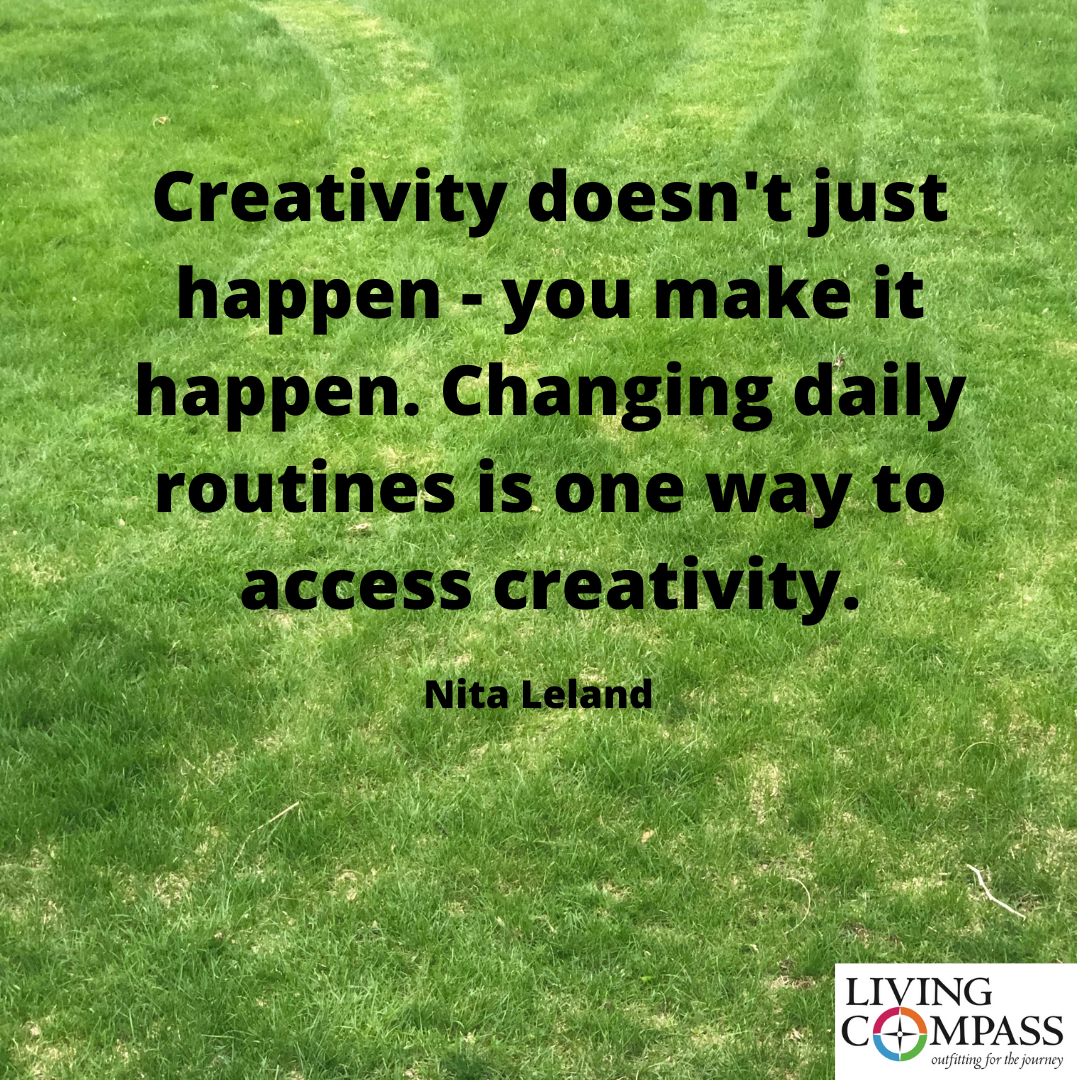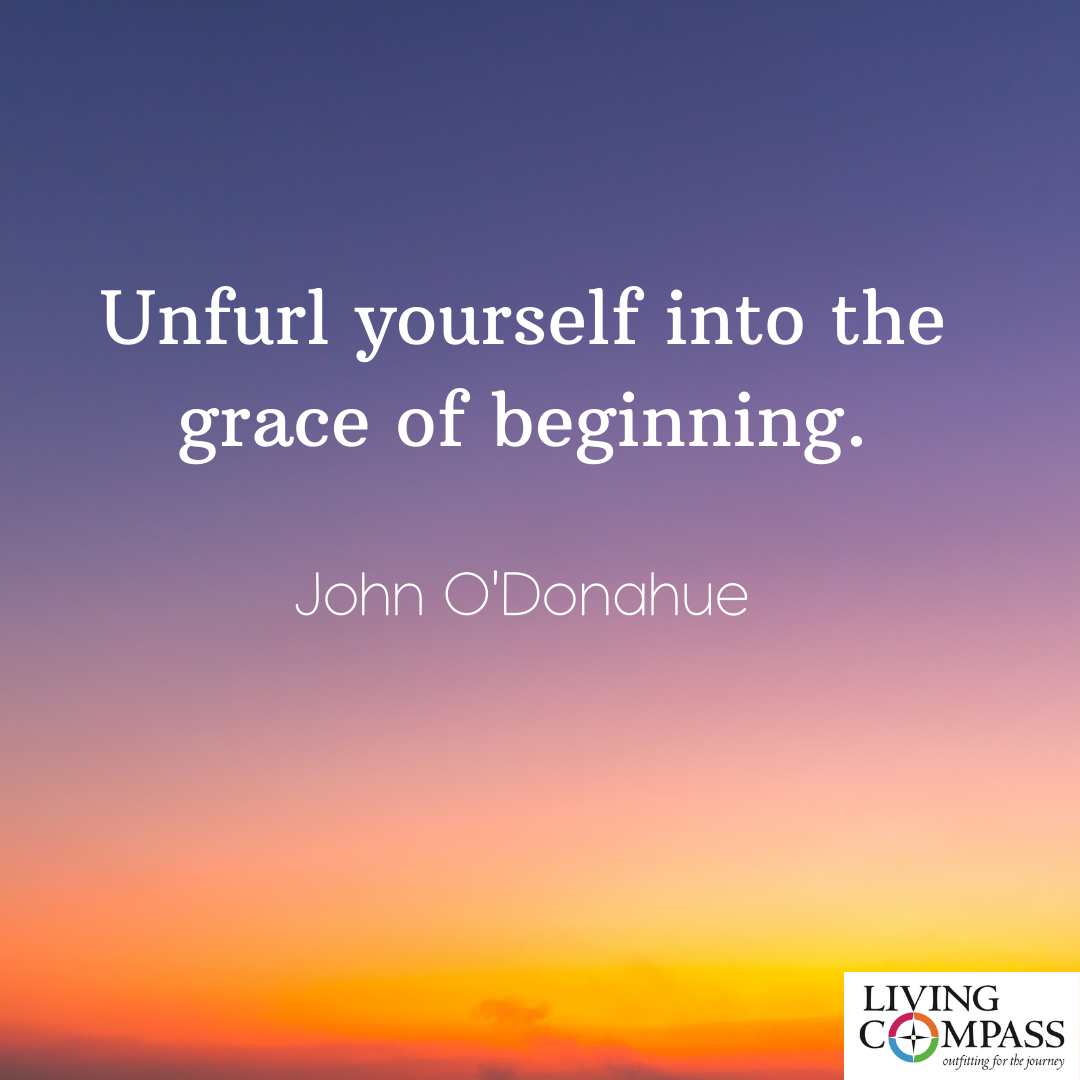Imagining Together
I begin this week with an extended quote from Albert Einstein that I recently came across.
“A human being is a part of the whole, called by us ‘Universe,’ a part limited in time and space. He experiences himself, his thoughts and feelings as something separated from the rest — a kind of optical delusion of his consciousness. This delusion is a kind of prison for us, restricting us to our personal desires and to affection for a few persons nearest to us. Our task must be to free ourselves from this prison by widening our circle of compassion to embrace all living creatures and the whole nature in its beauty. Nobody is able to achieve this completely, but the striving for such achievement is in itself a part of the liberation and a foundation for inner security.”
I discovered these words earlier this week while researching writings related to Earth Day, and I think they do apply to our relationship to the natural world and much more than that.
Einstein makes the point that living with the “optical delusion” that we are separate from one another is the first step in narrowing our concern for others.
As I reflect on the connection of all this to wellness, the focus of this column, I am aware that a foundation of my wellness is acknowledging my deep inter-dependency with all people and with all of creation. When I fail to recognize this interconnectedness with others, I am prone to narrow my concern for others to those closest to me and, at worst, to ignore or even hurt others because of the “optical delusion” of separateness. Certainly, COVID, and our response to it, has been a vivid reminder of just how interconnected we are with one another.
While acknowledging that I am now channeling my inner John Lennon, I close with this question: Imagine if we were to live and treat one another and all of creation as if we are indeed part of an interconnected web of life? What if we were to awaken from the “optical delusion” of separateness and widen the circles of compassion to include all with whom we are inter-dependent?
Yes, you may say I’m a dreamer, but I hope I’m not the only one.
Subscribe Now to Weekly Words of Wellness:
Click the button below to signup for the e-mail version of Weekly Words of Wellness. This weekly article can be shared with your community electronically and/or used for group discussion.
You can unsubscribe at any time.




